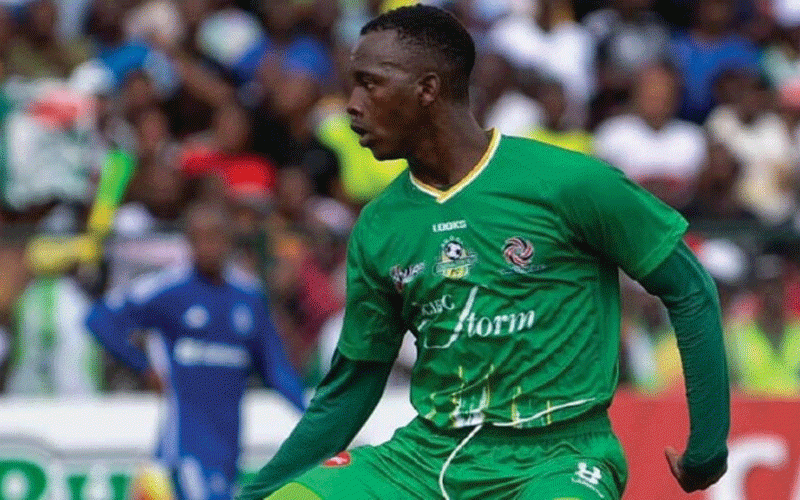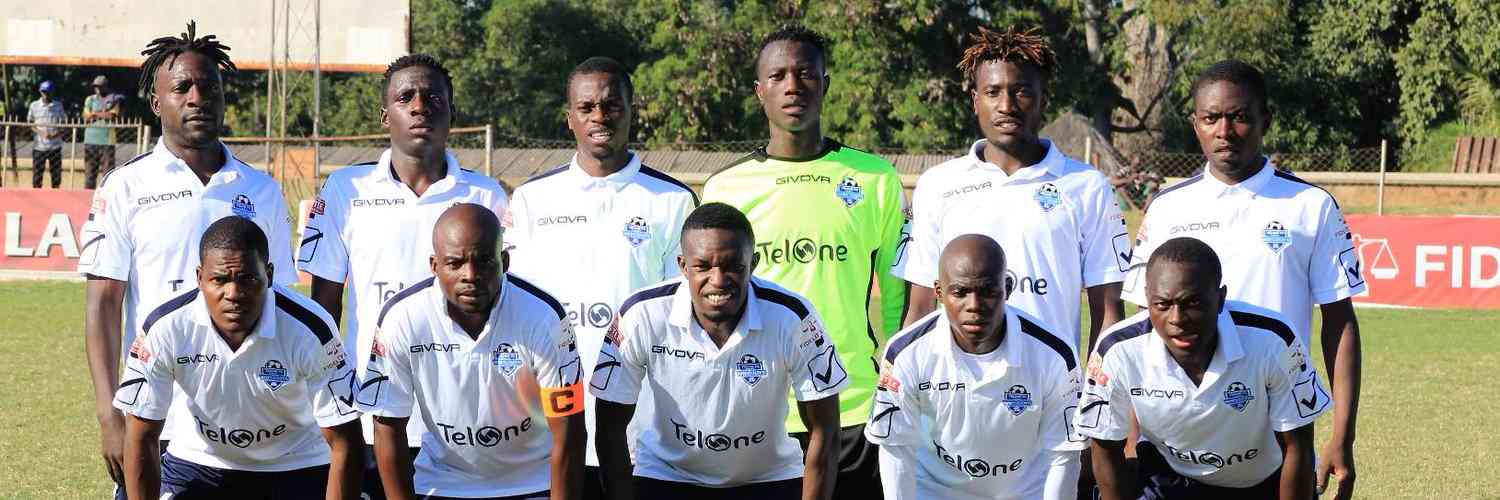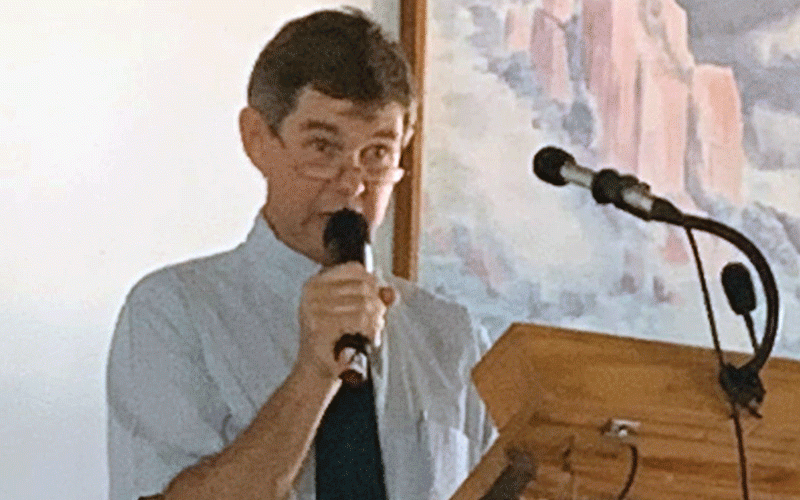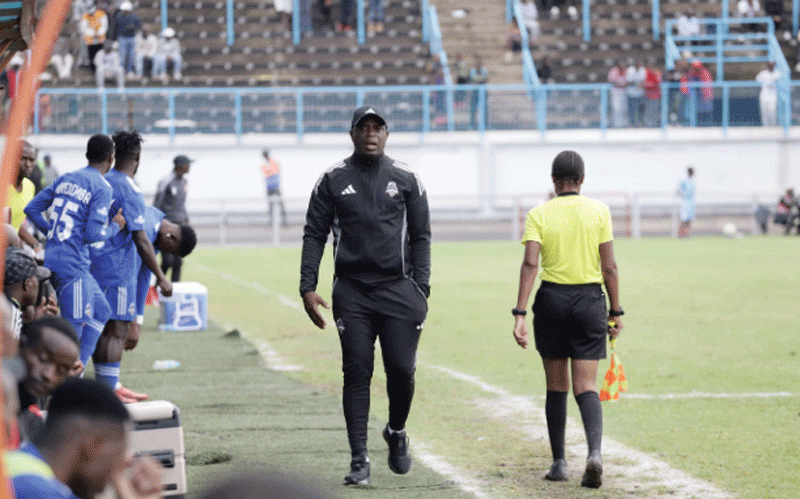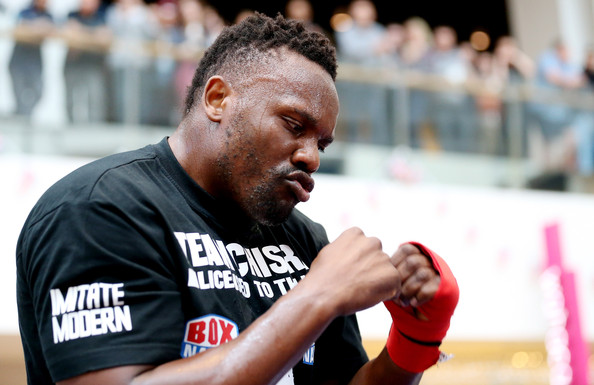
DERECK Chisora has a back story as bizarre as his antics around the sport.
BY GARETH A DAVIES

The stereotypical picture of Chisora is as the bad boy of Britain’s heavyweight division, bombastic and unpredictable, throwing tables at press conferences, slapping opponents at weigh-ins and brawling in post-fight news conferences abroad.
Maybe even just a journeyman always coming back from the brink, and desperate for one last shot at the big time in today’s rematch with Dillian Whyte at the O2 Arena, the winner of which could face Anthony Joshua at Wembley Stadium in April.
Yet there is a hidden side to Chisora, rarely discussed — one forged by his time at boarding school in Harare, when he became a devoted paramedic for the school’s sports teams, and which has now found expression in a new commitment to the Christian faith.
We are speaking after Chisora has endured yet another punishing session under new manager David Haye — the same David Haye with whom Chisora chose to brawl after 12 hard rounds with Vitali Klitschko in Munich. Their reconciliation is another curious twist in the Chisora story, although it is no more unusual than his upbringing.
Born in Mbare, a suburb just south of Harare, which is the oldest black township in the city, Chisora’s parents separated when he was just four, leaving him in the care of his grandmother, Phyllis Masarakufa, and step-grandfather Angelo De Souza. They enrolled him at the renowned Churchill boarding school.
Boxing was far from his thoughts back then and he never played sport for the school, just his house teams. Instead, he looked after the athletes, as a first-aider.
- Chamisa under fire over US$120K donation
- Mavhunga puts DeMbare into Chibuku quarterfinals
- Pension funds bet on Cabora Bassa oilfields
- Councils defy govt fire tender directive
Keep Reading
“I tried sports, but I ended up being a paramedic,” he tells The Daily Telegraph. “There was to be no rugby for me. Believe me, I did try, but I fell short. Rugby is tough, man. They were big guys. Compared to some of my friends I’m very small. So I ended up being a paramedic, a first-aider.”
Chisora did not always find the school’s rules to his liking but, two decades on, he can appreciate the discipline it instilled in him.
“It did teach you to be a man at a young age,” he says. “Boarding school forces you to grow. You have to wake up at a certain time, you have to study, wash your own clothes. We used to play rugby in whites. Can you imagine washing that? And it has to be white. If it was not white, you got punished. Everything teaches you to be a man. It was a great experience for me. I won’t knock it, I loved it. There was no boxing, but so many people went on to be doctors and businessmen and leaders in industry.”
Chisora came to England aged 16, moving to Finchley, and has been a professional boxer for more than a decade. There have been some serious falls from grace — he was handed a 12-week suspended prison sentence for assaulting his then girlfriend, and the brawl with Haye in Munich in 2012.
Yet casual fans expecting to see the wild fighter of yesteryear are in for a shock. Now 34, Chisora has ditched his “Del Boy” sobriquet, replacing it with “War” at the behest of Haye and his promotional crew. This is less a martial call to arms than a reflection of the brutal training regime he has been subjected to by Haye, with videos on social media showing him stretching his body to the limit.
This bond of trust is a far cry from when the two men had to be separated by a steel fence ahead of their grudge fight that drew 34 000 to Upton Park just weeks before the London Olympic Games.
“No, I couldn’t have imagined us working together like this six years ago,” Chisora says. “I have changed. I was born again, I’ve been going to church. I believe in forgiveness for those who have done wrong to me and this was one of those first steps. David and I had our issues, but we solved them. After that there was nothing else. We’ve teamed up and it’s gone well.”
They do genuinely get on, he insists. “We’re friends. We chat. He gives me advice. He tries to help me. It’s all gone very well.”
It is expected to be a calmer build-up than for the Whyte-Chisora fight two years ago, when tables were thrown at the pre-fight press conference and the occasion almost descended into a brawl.
The British Boxing Board of Control fined them both, but Chisora is in a sanguine frame of mind this time. “You’ll probably see some verbals, but I don’t think we’ll see anything crazy,” he says. “That’s not me anymore.”
Whyte has been a little less relaxed about their rivalry, saying Chisora could crack this week, that he is unpredictable. Will that draw a response?
“I’ve got much respect for the man,” Chisora says. “I’ve known Dillian since we were young. From where he’s come from and where he is now, you have to respect that. I can’t say I don’t respect him. He’s become a pay-per-view fighter, I respect that. It means people want to pay to watch you fight.
“This time will be different. I know Dillian has trained hard and I’ve trained hard. Everybody is going in there with so much energy, power and fitness it’s about who can make it to that final round — it’s going to be a brutal fight.”
So, does Chisora believe his appetite is more ravenous than Whyte’s to earn a shot at Joshua? “The hunger is there,” he says. “I’ve won, I’ve failed — so many things have gone wrong for me. There’s been ups and downs. When I’ve lost big fights, I’ve had to come back and rebuild myself.
“But there’s something in me, the fire’s still going, it’s still burning. The hunger is still there. I used to burn the candle at both ends. I was out and training, out and training. For me, at this point in my career, it is about maturity.”
Then we are back to boarding school. Will he send his children there? “There’s so many guys who went to private school who never produced anything. The point is how you end up as a man, how you stand and how you look at the world. People who’ve gone through state schools sometimes come up better than the private-school kids.
“You can go to private school to get a better education, but it’s about what you teach your kids. Ask them what they want to be in the next 10 years, and push them in the right direction.” — The Telegraph

